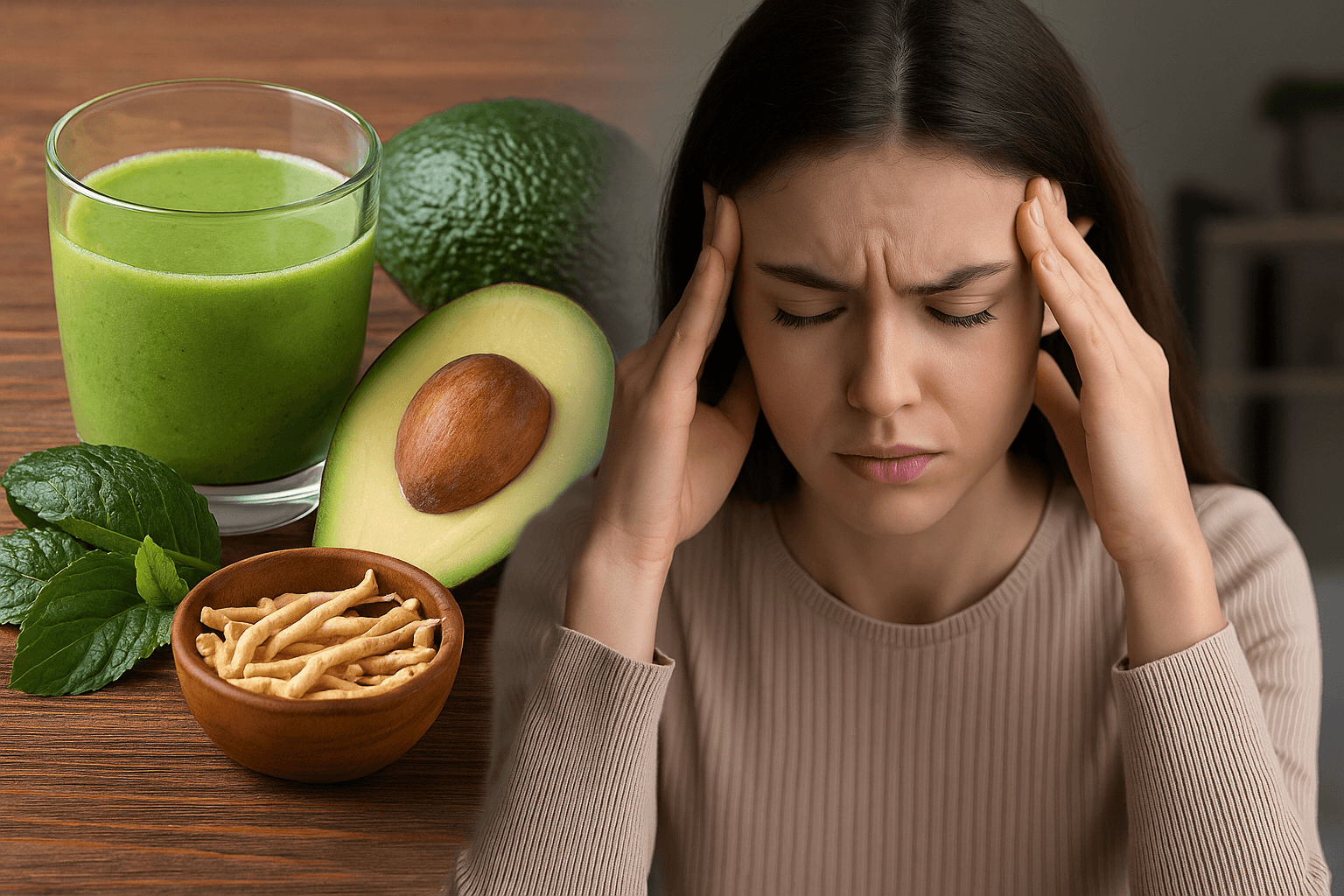Stressed out more often than you’d prefer? You’re not alone. Stress appears to invade every area of our lives - work, relationships, finances — you name it. But did you know that the many ways in which stress impacts us all comes down to just one hormone?
Enter cortisol, known as the “stress hormone,” it is called. In our body, we naturally produce cortisol — with the help of the H.P.A. axis — as a way to help manage stress and regulate vital functions such as our blood sugar and metabolism. Think weight gain, sleep difficulties, anxiety, and even high blood pressure.
The good news? But thank goodness, there are natural, science-backed ways to lower that stress — many of which are much easier than you might think. Let’s take a look at 10 natural and effective techniques to reducing cortisol levels, allowing you to feel more balanced each and every day.
Get Enough Quality Sleep
We all understand that sleep is important, but where cortisol is concerned, it’s crucial. Lack of sleep or poor sleep leads to higher levels of cortisol, so you’ll feel more tired and anxious the next day.
So what can you do to improve your sleep?
- Maintain a regular schedule and go to bed at the same time of day (including weekends.
- Step away from screens (yes, that includes your phone) at least 30 minutes before bed.
- Establish a serene, cool and dim sleep environment.
- Consider sleep your body’s natural nightly reset button—it helps reset cortisol.
Do daily mindfulness or meditation
You don’t need to become a monk to benefit from mindfulness. Even five to ten minutes of concentrated breathing, meditation, or just sitting down undistracted, can lower your cortisol levels considerably.
Mindfulness helps your brain shift from “fight or flight” mode to “rest and reset.” There are many good apps, like Headspace or Insight Timer, or they could help guide you through whatever practice you choose.
GET UP, GET BUSY Move Your Body (but Not Too Much)
Exercise is among the very best natural methods of lowering cortisol—but moderation and balance are key. Regular exercise lowers stress hormones long term, but vigorous or long workouts can cause a surge in cortisol in the short term.
Try this:
- Take a brisk 30-minute walk.
- Go to yoga, or stretch at home.
- Strut your stuff in your living room to your favorite playlist!
Just keep moving in a way that feels good, rather than exhausting.
Follow a Whole-Foods Diet that is Balanced
Food can play both an ally and enemy to cortisol. Skimping on meals or reaching for processed snacks can throw your stress levels out of whack, while a balanced diet can help regulate cortisol.
Some foods can inhibit cortisol:
- Dark chocolate (yes, really!)
- Vitamin C rich fruits including berries and oranges
- Green leafy vegetables such as spinach and kale
- Omega-3 foods like salmon or walnuts
Consider your plate as a stress-management toolbox — each bite counts.
Cut Down on Coffee and Alcohol
We all enjoy our coffee hit, and that glass of wine here and there feels good. But high levels of caffeine or alcohol can elevate cortisol and unbalance your internal workings.
Experiment with reducing it and see how you feel. Perhaps replace your second cup of coffee with herbal tea, or substitute alcoholic drinks with water. There’s a lot to be said for small interventions.
Laugh More—Seriously!
You ever notice how good you feel after a good long belly laugh? That’s not just in your head. Laughter reduces cortisol levels and increases “feel-good” endorphins and dopamine.
So go on — put on that comedy special, call a funny friend or scroll through a reel of hilarious pet videos. Your stress levels will love you for it.
Develop Close Social Ties
Quality time with friends and loved ones does more than make you feel good—it lowers your cortisol, especially when you feel supported and understood.
A brief exchange with a close friend can establish feelings of connection and security, which is what your body and brain need in order to turn off the stress response.
Try Adaptogenic Herbs
Herbal treatments like ashwagandha and Rhodiola have been traditional treatments for hundreds of years to support the body’s response to stress. Research indicates that these herbs might lower cortisol levels in the long run.
Note: It’s always a good idea to check with a doctor or a registered dietitian before trying anything new, particularly if you’re taking medication.
Practice Deep Breathing
Your breath has power. Deep, slow breathing tells your nervous system that it’s safe to relax — and when that happens, cortisol levels start to drop.
Here’s a quick and easy technique called “box breathing” to try:
- Inhale for 4 seconds
- Count 4 seconds in your head without breathing
- Exhale for 4 seconds
- Hold again for 4 seconds
Do it a couple of times and you may feel much calmer right away.
Spend Time Outdoors
Nothing like Nature to help you relax. Taking to the great outdoors, whether for a leisurely stroll in the park, or a weekend hike, sitting under a tree or on the grass radical reduces stress and helps in decreasing cortisol.
In fact, a Japanese practice called “forest bathing” (or shinrin-yoku) has been scientifically proven to reduce stress hormones and boost overall health. Next time you feel swamped, go for a walk, but leave your phone — just you and fresh air.
Final Thoughts
Cortisol isn’t “the bad guy,” she said; it’s “life or death.” But if it stays high for too long, it can do more harm than good. The key is balance.
There is an alternative, however: Lowering cortisol naturally doesn’t have to involve a total life overhaul. Begin with small, doable changes. Maybe it’s hitting the sack 30 minutes earlier or checking out a new workout or taking a few deep breaths during your coffee break. Eventually, over time, these small habits can result in big changes in your stress level and overall well-being.
If you’re dealing with chronic stress or suspect you have a hormone imbalance, you should definitely talk to a health care provider. But remember: You have a lot more control than you realize— and your body is capable of far more healing and balance than you might think.
So what are you going to do first to reduce your cortisol today?
Tell us in the comments below!








